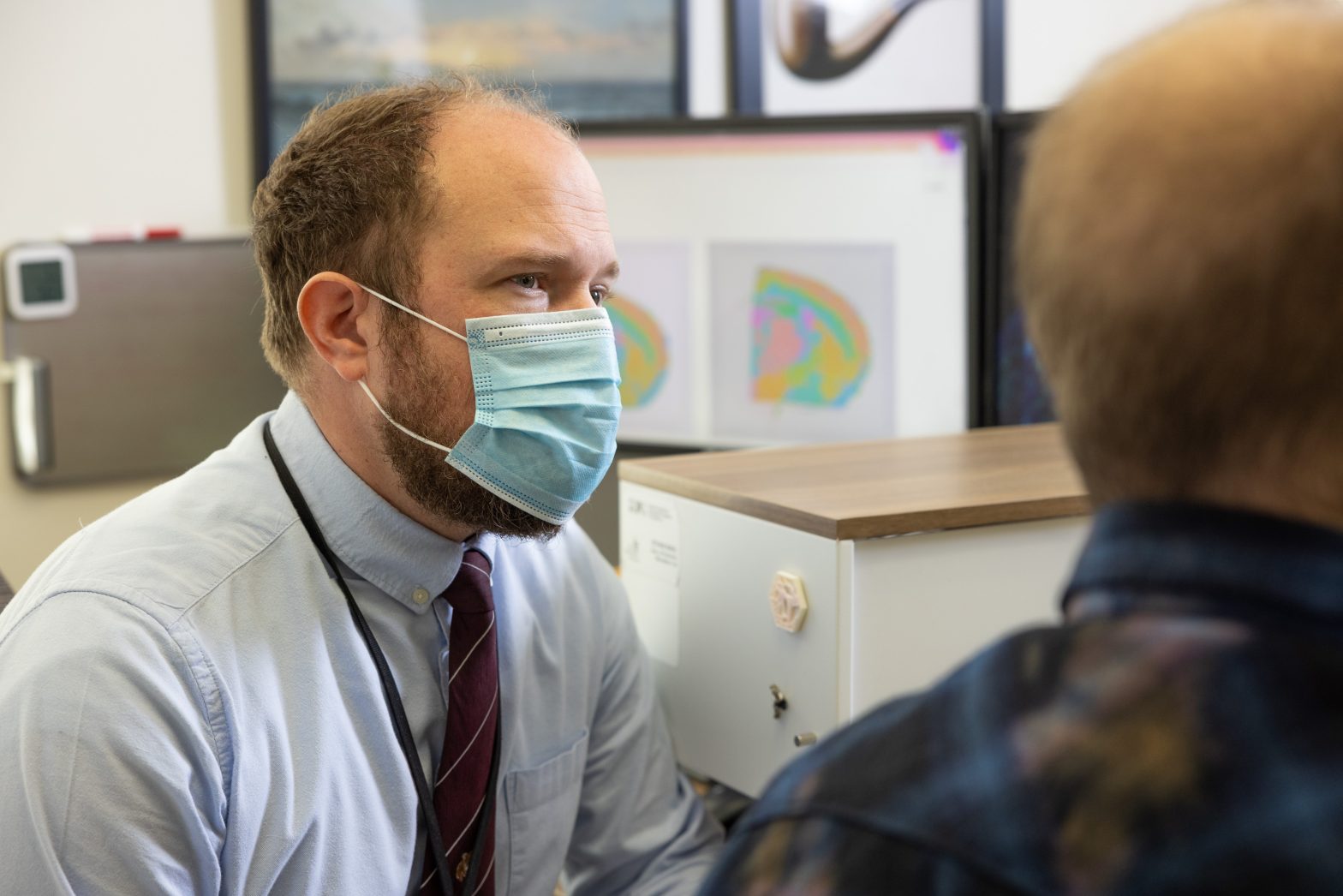New Autism Genes Discovered

IOWA CITY, Iowa – A multi-institutional research team, using genetic data from nearly 43,000 autistic individuals and their families, has identified 60 autism spectrum-associated genes with exome-wide significance, including five new genes not previously implicated in neurodevelopmental disorders.
The results of their work were published in the journal Nature Genetics.
Previous studies involving millions of people have already shown that autism is mostly heritable, but those studies stopped short of identifying specific genes and mechanisms involved in autism.
Other research that has identified specific genes strongly associated with autism has focused on new or “de novo” mutations found in the genome of a child with autism but not inherited from their parents’ genome.
These de novo mutations are usually also associated with intellectual disability. However, most autistic individuals do not have this type of mutation, so they only represent a small part of the genetic picture.
In contrast, the new study focused on rare genetic variations that are inherited by the child with autism from a parent who does not have autism.
“We found that these inherited variants are less associated with intellectual disability, and they expand our view of what developmental mechanisms are being impacted in autism,” said Jake Michaelson, Ph.D., associate professor of psychiatry at the University of Iowa Carver College of Medicine.
Michaelson led a team of University of Iowa scientists who contributed to the new study.
“Ultimately this knowledge will help us better understand subtypes of autism that each have different support, resource, and treatment needs,” he said.
The multi-institutional research team led by scientists at Columbia University Medical Center analyzed 19,843 participants with autism, along with one or both of their biological parents, and found that roughly 20% of people with autism have de novo genetic variants that affect the function of the associated gene.
Nearly 70% of this genetic contribution can be attributed to known autism or neurodevelopmental disorder genes. However, this means that although known autism-associated genes are responsible for the majority of risk related to de novo variants, there are others still to be identified.
The researchers then added in another 22,764 individuals with autism and 236,000 people without autism from the general population.
In this meta-analysis, they identified 60 autism genes whose contribution to autism is largely driven by rare inherited loss of function variants transmitted by parents who do not have cognitive differences or autism. Of these genes, five have not previously been implicated in neurodevelopmental conditions.
Individuals with autism who carry inherited variants in these “moderate effect” genes are less likely to have cognitive differences than people with autism who carry LOF variants in well-established autism genes, such as CHD8 and SCN2A.
“We are essentially making a map of autism genetics that tells us what the major molecular mechanisms are,” Michaelson explains. “It feels sort of like a Lewis and Clark-type expedition, where you know there’s this huge (unexplored) territory, but its contours and variety haven’t yet been well described.”
Dan can be reached at [email protected] and at https://twitter.com/DanMcCue.

























